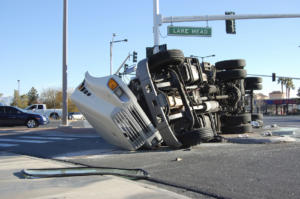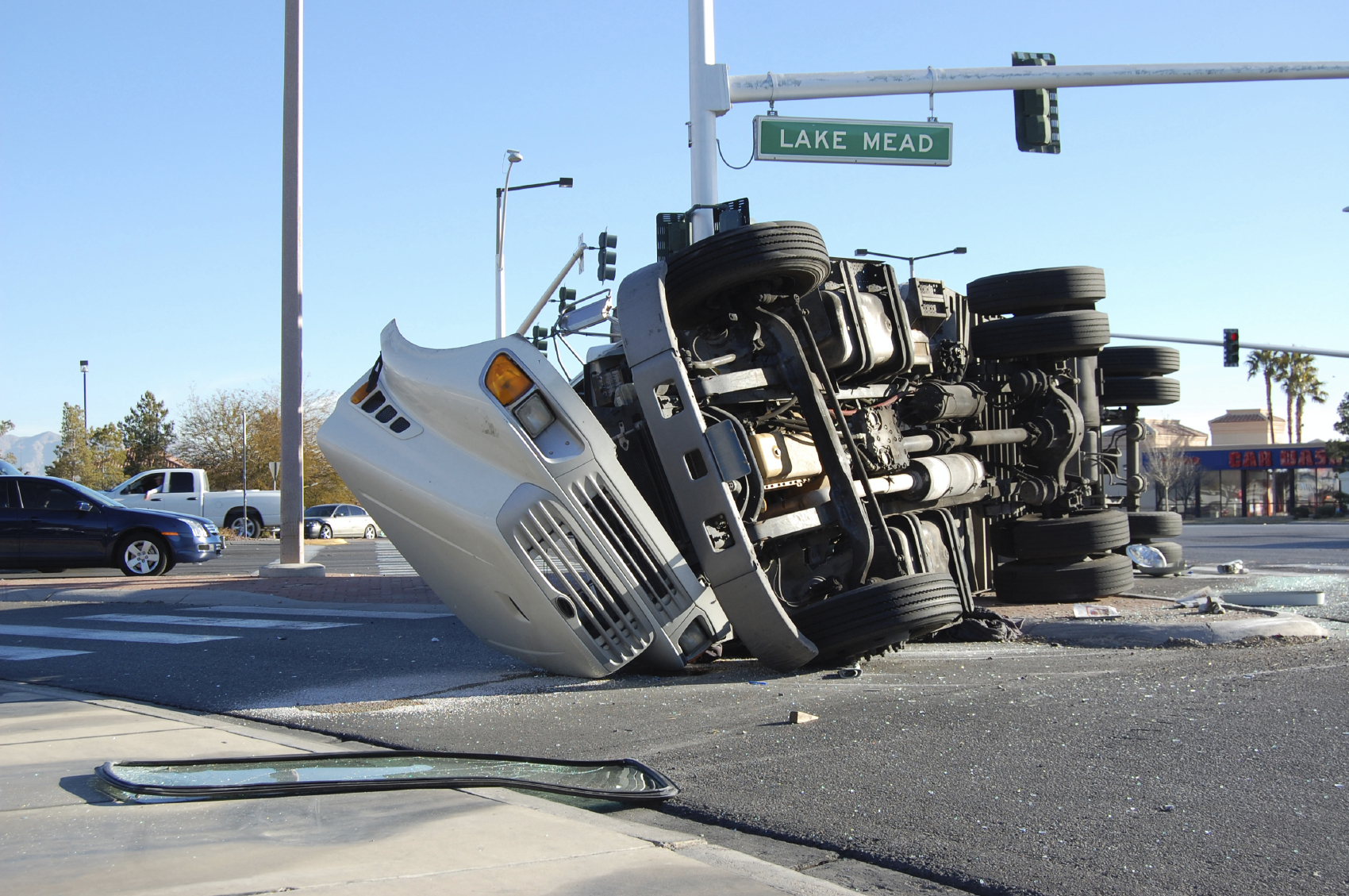
Tort Law Basics
“Torts” is the area of the law that addresses injuries to your property or your person. There are three different types of torts that may create liability for injuries:
- Intentional torts – as the name implies, an intentional tort is one in which the wrongdoer intended to cause harm. Assault is a classic example of an intentional tort. Although assault can be charged criminally, it can also be the basis of a civil personal injury lawsuit.
- Strict liability torts – a strict liability tort is one in which the wrongdoer’s mindset is irrelevant. In fact, nothing the wrongdoer did, or failed to do, matters in a strict liability tort. All that matters is that the injury occurred. In many states, a dog bite is an intentional tort, meaning if a dog bites someone, the owner is responsible for the ensuing injuries even if the owner did everything possible to prevent the dog bite from happening.
- Negligence – the vast majority of personal injury cases are negligence cases. Think of negligence as the victim needing to meet a higher standard than strict liability but not as high as an intentional tort.
Understanding the Concept of Negligence
Because most personal injury cases are based on negligence, a better understanding of the concept of negligence may help you recognize when you are the victim of a personal injury “accident.” To prove negligence, an injured party must prove the following four elements:
- Duty of care – the victim must show that the defendant owed a legal duty of care to the victim, meaning the defendant must have taken all reasonable steps to prevent the victim from being harmed. A common example is a motorist operating a vehicle on a public roadway owes a duty of care to all others who share the roadway with him/her.
- Breach of the duty of care – the victim must prove that the defendant breached, or failed at, the duty of care. For example, a motorist who is texting while driving, driving under the influence, or otherwise distracted while driving, has breached the duty of care owed to others on the roadway.
- Causation – a victim must show that the defendant’s breach of duty caused, or contributed to, the victim’s injuries.
- Damages – the defendant’s breach of duty must have resulted in injury to the victim.
Common Examples of Personal Injury Cases
When most people think about being involved in a personal injury accident they think of a motor vehicle accident. Motor vehicle collisions certainly do qualify as personal injury accidents frequently; however, there are numerous other scenarios that could also give rise to a personal injury case, including:
- Slip and fall injuries
- Truck accidents
- Medical mistakes
- Motorcycle accidents
- Defective products
- Wrongful death
- Premises liability
- Prescription errors
How Much Compensation Am I Entitled to If I Have a Personal Injury Case?
Given the unique fact scenarios that make up a personal injury case, it is impossible to know how much compensation you might be entitled to as a victim. You would, however, potentially be entitled to both economic and non-economic damages. Economic damages refer to out of pocket expenses, such as medical bills and lost wages. Non-economic damages include the pain, suffering, and emotional trauma you suffered as a result of your injuries.
Contact a Murfreesboro Personal Injury Lawyer
If you have additional questions or concerns a personal injury case in Tennessee, consult with an experienced Murfreesboro personal injury lawyer at Bennett, Michael & Hornsby as soon as possible. Contact the team today by calling 615-898-1560 to schedule your appointment.
- The Art of Successful Co-Parenting During Divorce - April 19, 2024
- Elder Financial Exploitation: How to Protect Seniors - April 12, 2024
- How to Obtain Guardianship of a Minor in Tennessee - April 2, 2024




